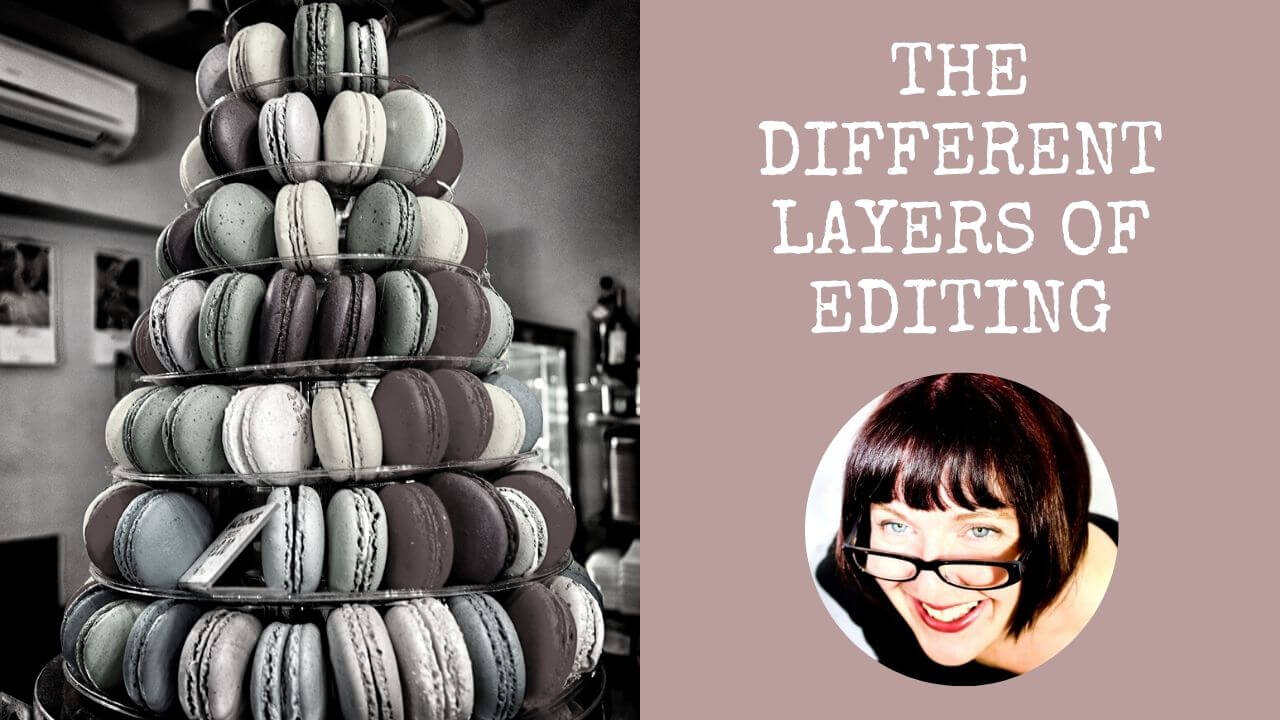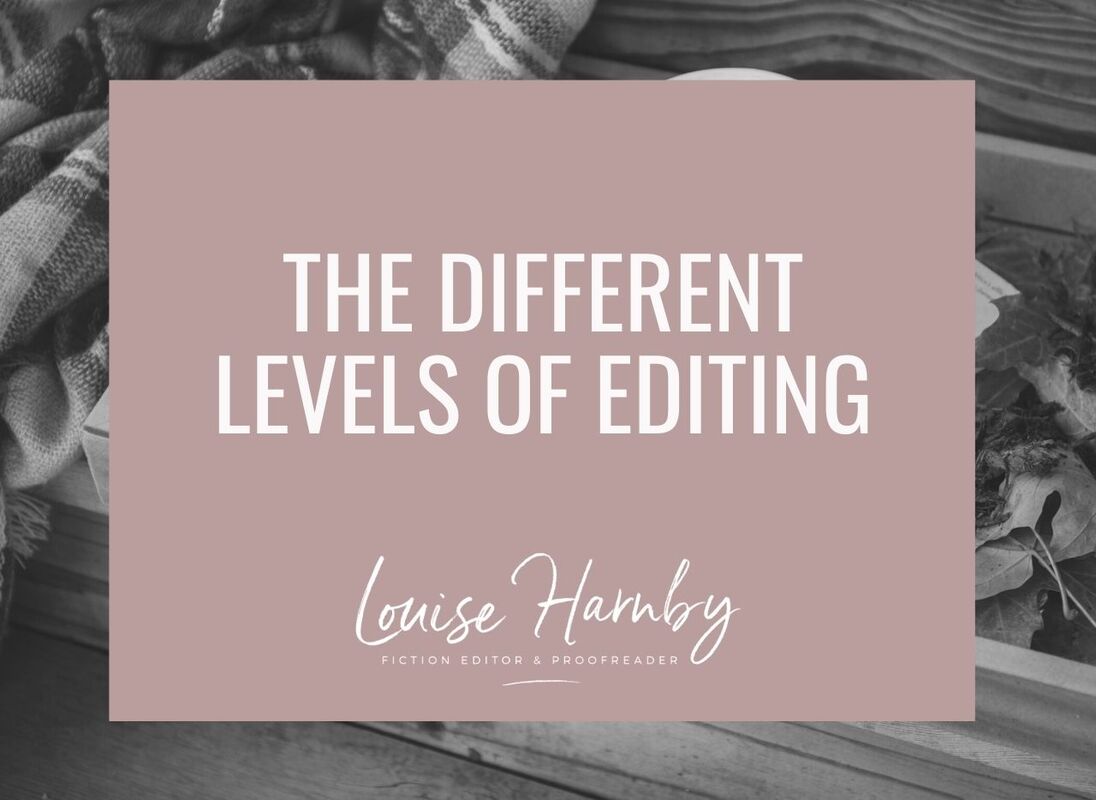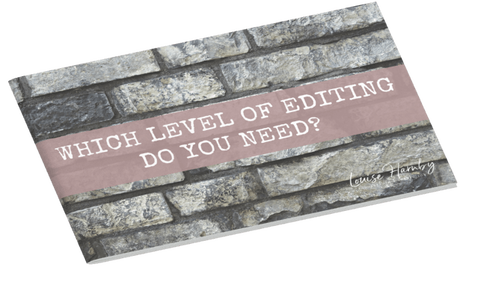|
Developmental editing, line editing, copyediting, proofreading ... what on earth is the difference and what's best for you when self-publishing?
This post featured in Joel Friedlander's Carnival of the Indies #79
A potted guide to the different levels of editing ...
If you’re a beginner writer and you’re planning to self-publish, you’ll be thinking about getting your book fit for market. Some of you might not realize that there are different levels of editing. And even if you do, you might be fuzzy about what distinguishes each service or what it’s usually called. No shame in that, believe me – even among professional publishers and independent editors the terminology differs. Consensus be damned! The irony that this lack of clarity and consistency exists in a profession that prides itself on, well, clarity and consistency isn’t lost on me or my colleagues! In an effort to untangle the issue, I’m offering you a PDF that provides an overview. The basics Think of the editorial process like a play with several acts: writing, drafting, sourcing feedback from beta readers, self-editing, developmental editing or manuscript evaluation, line editing, copyediting, proofreading, publishing. The elements in bold are what we’re focusing on today. In a nutshell Basically, there are two levels of work going on – the macro and the micro.
What terms should you use when sourcing editorial help? There’s a question! My advice is that you explain what you want rather than worrying too much about what it’s called. This is because different editors define their services in different ways. So what should you do?
So, that’s it for now. I hope you’ve found this discussion of the different levels of editing useful. If there are particular questions that you want clarification on, drop me a line and I’ll do my best to answer them. As promised, here’s your guide! Just click on the image to download it to your device.
Louise Harnby is a line editor, copyeditor and proofreader who specializes in working with crime, mystery, suspense and thriller writers.
She is an Advanced Professional Member of the Chartered Institute of Editing and Proofreading (CIEP), a member of ACES, a Partner Member of The Alliance of Independent Authors (ALLi), and co-hosts The Editing Podcast. Visit her business website at Louise Harnby | Fiction Editor & Proofreader, say hello on Twitter at @LouiseHarnby, connect via Facebook and LinkedIn, and check out her books and courses.
13 Comments
Louise Harnby
31/3/2017 05:24:43 pm
Cheers, Annie. Good to know you found it useful!
Reply
Joanne
31/3/2017 04:19:09 pm
I found this very useful, and an interesting read.
Reply
Louise Harnby
31/3/2017 05:23:03 pm
Thanks, Joanne! That's great to hear!
Reply
Louise Harnby
15/5/2017 06:50:10 pm
Thank YOU, Polly for your endorsement! So many of my clients struggle with the different levels of editing - which is hardly surprising given that the professionals' terminology is so tangled. I hope this helps them!
Reply
Dominique
10/8/2017 09:48:24 pm
Is there a website you would recommend where editors list their contact info and what services they offer?
Reply
Louise Harnby
13/7/2020 09:07:24 am
Most of the major editorial societies have directories. If you're searching for an editor, that's a great place to start.
Reply
24/8/2017 02:51:35 pm
Thanks Louise - I'll send clients this way if they ask me what the differences are.
Reply
Julia Dean
13/7/2020 07:01:11 am
Thank you for this. I've been doing developmental edits on novels & proofediting on a acade mich texts on a casual basis for years. I have decided it's time I put it all on a more professional basis via CIEP (SfEP as was). Your blog has been very helpful - I have decided realised I need to do the basic copyediting courses before going straight to fiction & dissertations!
Reply
Louise Harnby
13/7/2020 09:06:23 am
Great decision, Julia!
Reply
Gerard
1/10/2020 10:50:10 pm
Hi Louise, I've been perusing your many articles on your blog today. Just wanted to say thanks for the clear and balanced information. It's been helpful in getting my head around this process a little more.
Reply
Louise Harnby
2/10/2020 08:36:01 am
You're very welcome, Gerard!
Reply
Leave a Reply. |
BLOG ALERTSIf you'd like me to email you when a new blog post is available, sign up for blog alerts!
TESTIMONIALSDare Rogers'Louise uses her expertise to hone a story until it's razor sharp, while still allowing the author’s voice to remain dominant.'Jeff Carson'I wholeheartedly recommend her services ... Just don’t hire her when I need her.'J B Turner'Sincere thanks for a beautiful and elegant piece of work. First class.'Ayshe Gemedzhy'What makes her stand out and shine is her ability to immerse herself in your story.'Salt Publishing'A million thanks – your mark-up is perfect, as always.'CATEGORIES
All
ARCHIVES
July 2024
|
|
|
|


















 RSS Feed
RSS Feed





